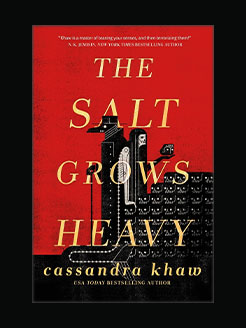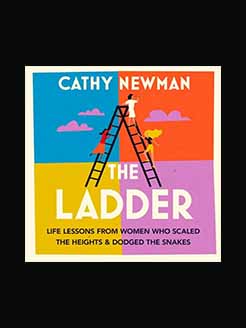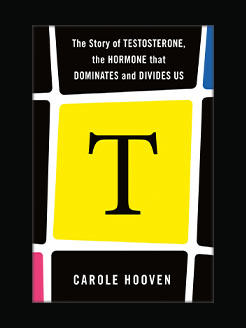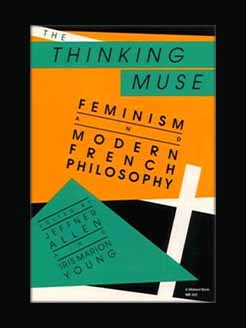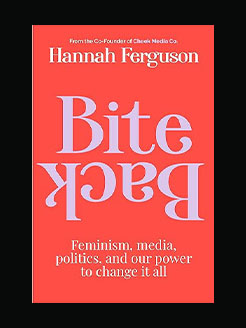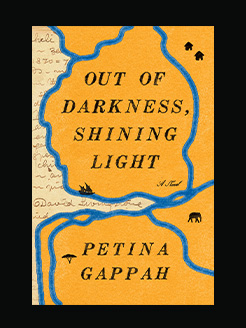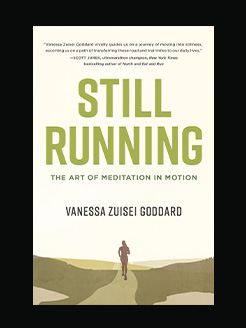Published in 2015
322 pages
Jane Hirshfield is the author of eight books of poetry, including The Beauty; Come, Thief; After; and Given Sugar, Given Salt. She has edited and cotranslated four books presenting the work of poets from the past and is the author of two major collections of essays, Nine Gates: Entering the Mind of Poetry and Ten Windows: How Great Poems Transform the World. Her books have been finalists for the National Book Critics Circle Award and England’s T. S. Eliot Prize; they have been named best books of the year by The Washington Post, San Francisco Chronicle, Amazon,and Financial Times; and they have won the California Book Award, the Poetry Center Book Award, and the Donald Hall–Jane Kenyon Prize in American Poetry. Hirshfield has received fellowships from the Guggenheim and Rockefeller foundations, the National Endowment for the Arts, and the Academy of American Poets. Her poems appear in The New Yorker, The Atlantic, The Times Literary Supplement, Poetry, The New Republic, and eight editions of The Best American Poetry. A resident of Northern California since 1974, she is a current chancellor of the Academy of American Poets.
What is this book about?
A dazzling collection of essays on how the best poems work, from the master poet and essayist
“Poetry,” Jane Hirshfield has said, “is language that foments revolutions of being.” In ten eloquent and highly original explorations, she unfolds and explores some of the ways this is done—by the inclusion of hiddenness, paradox, and surprise; by a perennial awareness of the place of uncertainty in our lives; by language’s own acts of discovery; by the powers of image, statement, music, and feeling to enlarge in every direction. The lucid understandings presented here are gripping and transformative in themselves. Investigating the power of poetry to move and change us becomes in these pages an equal investigation into the inhabitance and navigation of our human lives.
Closely reading poems by Dickinson, Bashō, Szymborska, Cavafy, Heaney, Bishop, and Komunyakaa, among many others, Hirshfield reveals how poetry’s world-making takes word by charged word. By expanding what is imaginable and sayable, Hirshfield proposes, poems expand what is possible. Ten Windows restores us at every turn to a more precise, sensuous, and deepened experience of our shared humanity and of the seemingly limitless means by which that knowledge is both summoned and forged.
